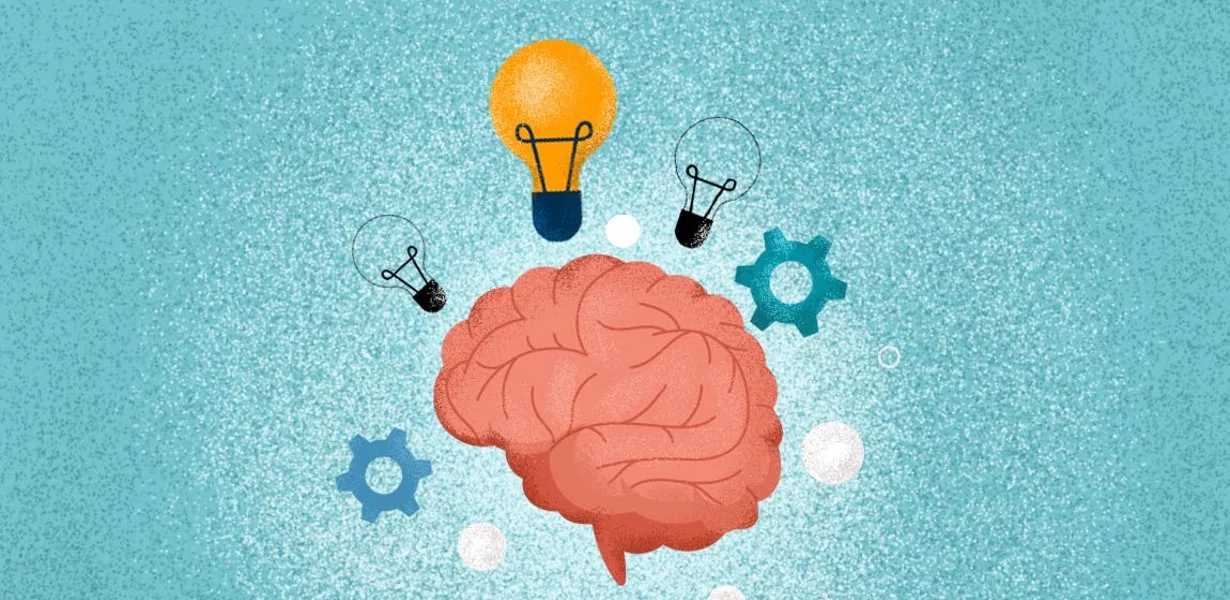
Welcome to our comprehensive guide where we delve into the fascinating realm of mental conditioning. In this article, we will explore the depths of this transformative practice and shed light on its significance in nurturing our mental well-being. Mental conditioning serves as a powerful tool for cultivating resilience, managing chronic mental health conditions, and unlocking our full potential. Join us as we embark on this journey of self-discovery and empowerment.
The Essence of Mental Conditioning
Mental conditioning encompasses a range of techniques and practices aimed at optimizing our mental state and enhancing our psychological resilience. It involves fostering positive thought patterns, developing effective coping mechanisms, and cultivating a strong mindset. By engaging in mental conditioning exercises, individuals can build mental strength, manage stress, and navigate the challenges of life with greater clarity and resilience.
Unraveling the Benefits of Mental Conditioning
Unlocking Resilience
Mental conditioning empowers individuals to develop resilience, which is the ability to adapt and bounce back from adversity. By practicing mindfulness, visualization, and positive affirmations, individuals can cultivate resilience, enabling them to overcome obstacles and thrive in the face of adversity. Mental conditioning equips individuals with the tools to build inner strength and navigate life’s inevitable ups and downs with grace and determination.
Managing Chronic Mental Health Conditions
For those living with chronic mental health conditions, mental conditioning can be a valuable complement to traditional treatments. By incorporating techniques such as cognitive-behavioral therapy (CBT), meditation, and relaxation exercises, individuals can effectively manage symptoms, reduce stress, and improve overall well-being. Mental conditioning empowers individuals to take an active role in their mental health, fostering a sense of control and empowerment.
Unleashing Personal Potential
Mental conditioning holds the key to unlocking our untapped potential. By harnessing the power of positive thinking, self-belief, and goal setting, individuals can propel themselves towards personal growth and achievement. Through visualization and affirmation techniques, mental conditioning helps individuals cultivate a success-oriented mindset, overcome self-limiting beliefs, and unleash their full potential in various aspects of life.
Frequently Asked Questions (FAQs)
Q1: How can I incorporate mental conditioning into my daily routine?
A1: Incorporating mental conditioning into your daily routine can be both simple and rewarding. Start by setting aside dedicated time for mindfulness practices such as meditation or deep breathing exercises. Engage in positive self-talk, affirmations, and visualization techniques to reinforce positive thought patterns. Consistency is key, so aim to make mental conditioning a regular practice to experience its full benefits.
Q2: Can mental conditioning help with anxiety and stress management?
A2: Absolutely! Mental conditioning techniques are highly effective in managing anxiety and stress. By engaging in relaxation exercises, practicing self-care, and adopting stress management strategies, individuals can reduce anxiety levels and enhance overall well-being. Seeking guidance from a qualified mental health professional can provide personalized support in developing effective mental conditioning practices.
Q3: Is mental conditioning suitable for individuals with varying levels of experience?
A3: Yes, mental conditioning is accessible to individuals at all levels of experience. Whether you are a beginner or have prior knowledge of mental conditioning techniques, there are resources available to guide you on your journey. From books and online courses to workshops and support groups, you can tailor your approach based on your needs and preferences.
Q4: Can mental conditioning be beneficial for athletes and performers?
A4: Absolutely! Mental conditioning is highly valued in the realm of sports and performance. Athletes and performers often incorporate mental conditioning techniques, such as visualization and positive self-talk, to enhance focus, confidence, and performance outcomes. By training the mind alongside physical skills, individuals can unlock their full potential and excel in their respective fields.
Q5: How long does it take to see the effects of mental conditioning?
A5: The effects of mental conditioning can vary from person to person. While some individuals may experience immediate benefits, others may require consistent practice over a period of time. The key is to approach mental conditioning with patience, dedication, and an open mind. By embracing the journey and maintaining a regular practice, individuals can gradually witness the transformative effects unfold.
Conclusion
In conclusion, mental conditioning serves as a powerful catalyst for personal growth, resilience, and well-being. By incorporating techniques such as mindfulness, positive affirmations, and visualization, individuals can cultivate a strong mindset, manage chronic mental health conditions, and unlock their full potential. Embrace the power of mental conditioning and embark on a transformative journey towards self-discovery and empowerment. Remember, the mind is a remarkable instrument waiting to be harnessed—let the journey begin.
Advertisement









